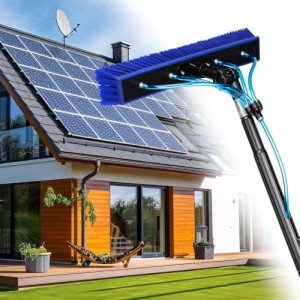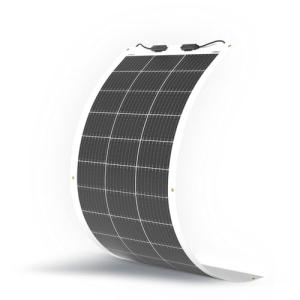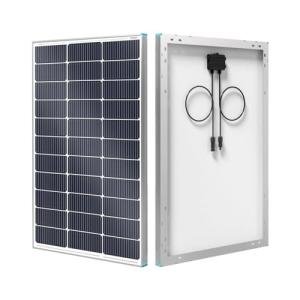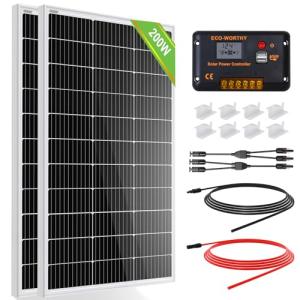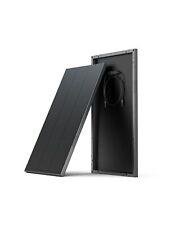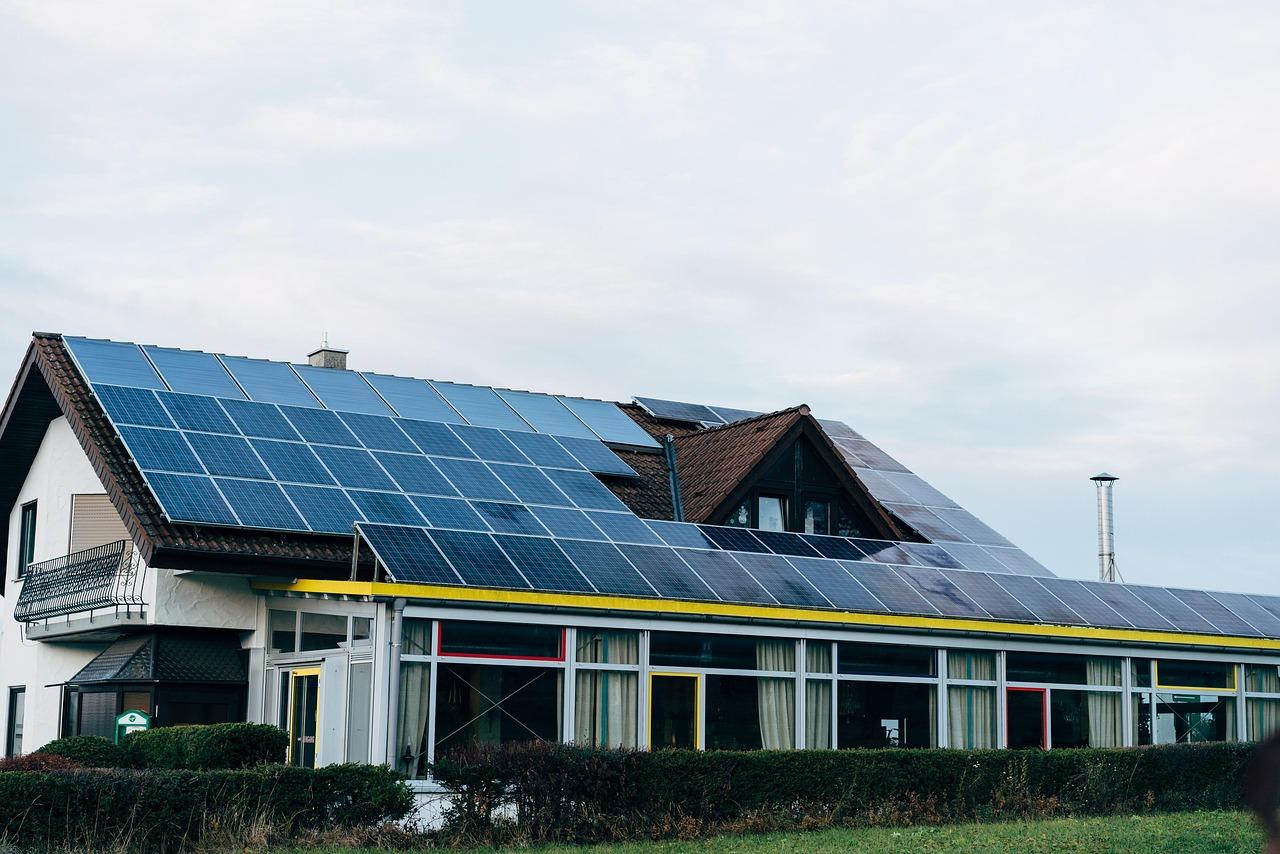When you’re diving into the world of solar energy, it’s super important to know about the different types of solar panels available. Each type offers its own unique benefits, so let's break it down and keep it simple.
First up, we have monocrystalline solar panels. These are one of the most popular choices. They’re known for their sleek, black look and high efficiency. If you have limited space, these panels are a great option because they produce a lot of power per square foot compared to others.
Next, let’s chat about polycrystalline solar panels. These guys are a bit more budget-friendly. They have a bluish hue and are made from multiple silicon crystals. While they’re slightly less efficient than monocrystalline panels, they still do a solid job. Go for these if you want a balance between cost and performance.
Then we have thin-film solar panels. These are light, flexible, and can be used in various situations, like on rooftops or even on curved surfaces. They don’t pack as much power per square foot, but they can be a great option for larger spaces or specific applications where weight matters.
Understanding the different types of solar panels helps you make a smart choice tailored to your needs. Whether it’s efficiency, budget, or specific installation scenarios, knowing the types of solar panels out there makes navigating your options a whole lot easier!
Choosing the Right Solar Panel for You
Choosing the right solar panel can feel a bit overwhelming, but it doesn’t have to be. Let’s break down the types of solar panels so you can make an informed decision. Understanding what’s available helps you pick the best fit for your needs.
First off, check out monocrystalline solar panels. They’re sleek and highly efficient, making them a popular choice. If you want something that takes up less space but still packs a punch in power output, these panels might be your go-to. They work great even in low-light conditions, so if you live somewhere a bit cloudy, this type could be perfect.
Next on the list are polycrystalline solar panels. They’re often more affordable but might be slightly less efficient than their monocrystalline cousins. If you’ve got the roof space to spare and are looking to save some cash upfront, these panels could be right for you. They still get the job done and are a solid choice for budget-conscious buyers.
Then there’s thin-film solar panels. These panels are super lightweight and flexible, meaning they can fit in places where traditional panels can’t. They’re not as efficient as the other types, but if you have unique installation needs, thin-film options can be a real lifesaver.
When choosing among the types of solar panels, consider your space, budget, and energy needs. Each kind has its perks, so take your time to find what fits your home the best. Happy solar shopping!
26FT Solar Panel Cleaning Brush and Water Pole
Keep your solar panels sparkling clean and boost their efficiency with this easy-to-use cleaning brush and water pole
Product information
€151.44
Product Review Score
4.99 out of 5 stars
44 reviewsProduct links
Benefits of Each Solar Panel Type
When you're diving into the world of solar energy, it’s good to know the benefits of each of the types of solar panels out there. They all have their own little perks, and understanding them can help you pick the best fit for your home or business.
First up, we have monocrystalline panels. These are known for their sleek look and efficiency. They tend to take up less space because they generate more power per square foot. If you’re tight on roof space but want maximum output, monocrystalline could be your best choice. Plus, they last a long time, making them a solid long-term investment.
Next, let’s chat about polycrystalline panels. These usually come at a lower price point, making them attractive for budget-conscious buyers. While they might not be as efficient as their monocrystalline cousins, they still get the job done. If you have plenty of roof space and are looking for an economical option, polycrystalline panels could be right for you.
Don’t overlook thin-film solar panels either. They’re super flexible and lightweight, which means you can install them in a variety of places that traditional panels wouldn’t fit. While they may take up a little more space to produce the same energy, they perform well in low-light conditions. If you live in a cloudy area or need a unique installation, thin-film panels may have you covered.
Each of these types of solar panels offers unique advantages. The key is to consider what works best for your specific situation. Whether you need efficiency, affordability, or versatility, knowing the benefits can help you make a smart choice.
Renogy 100W Flexible Monocrystalline Solar Panel
Experience efficient energy generation with the lightweight and versatile design of the Renogy 100W Flexible Monocrystalline Solar Panel
Product information
€149.99
Product Review Score
4.75 out of 5 stars
101 reviewsProduct links
Installation Tips for Solar Panels
Getting your solar panels installed can feel a bit overwhelming, but it doesn't have to be! Here are some practical tips to make the process smoother. First off, think about where you want to place your solar panels. Ideally, you want them on a roof that gets plenty of sunshine throughout the day. Avoid shady spots like trees or tall buildings that might block the sun.
Next, check the angle of your roof. If your roof faces south, that’s a win! But if it doesn't, don't stress. There are plenty of mounting systems that can help you get the right angle for maximum efficiency. Just remember, the better the angle, the more energy you'll generate.
Also, consider hiring a professional. While some DIY enthusiasts might want to tackle the installation themselves, a pro can ensure everything is up to code and working perfectly. Plus, they’re familiar with the different types of solar panels, which helps them choose the best fit for your home and energy needs.
Lastly, don’t forget about permits. Some areas require permits before installation. It's a good idea to check with your local authorities and get everything squared away. Doing your homework now will save you time and hassle later on!

